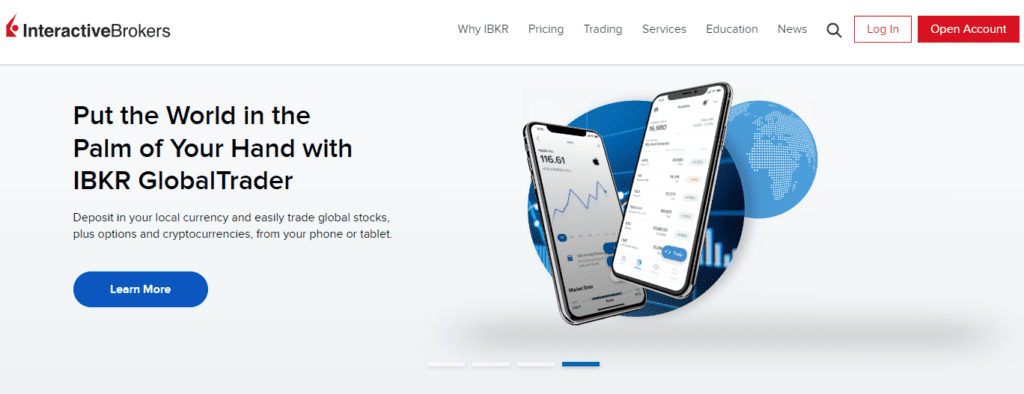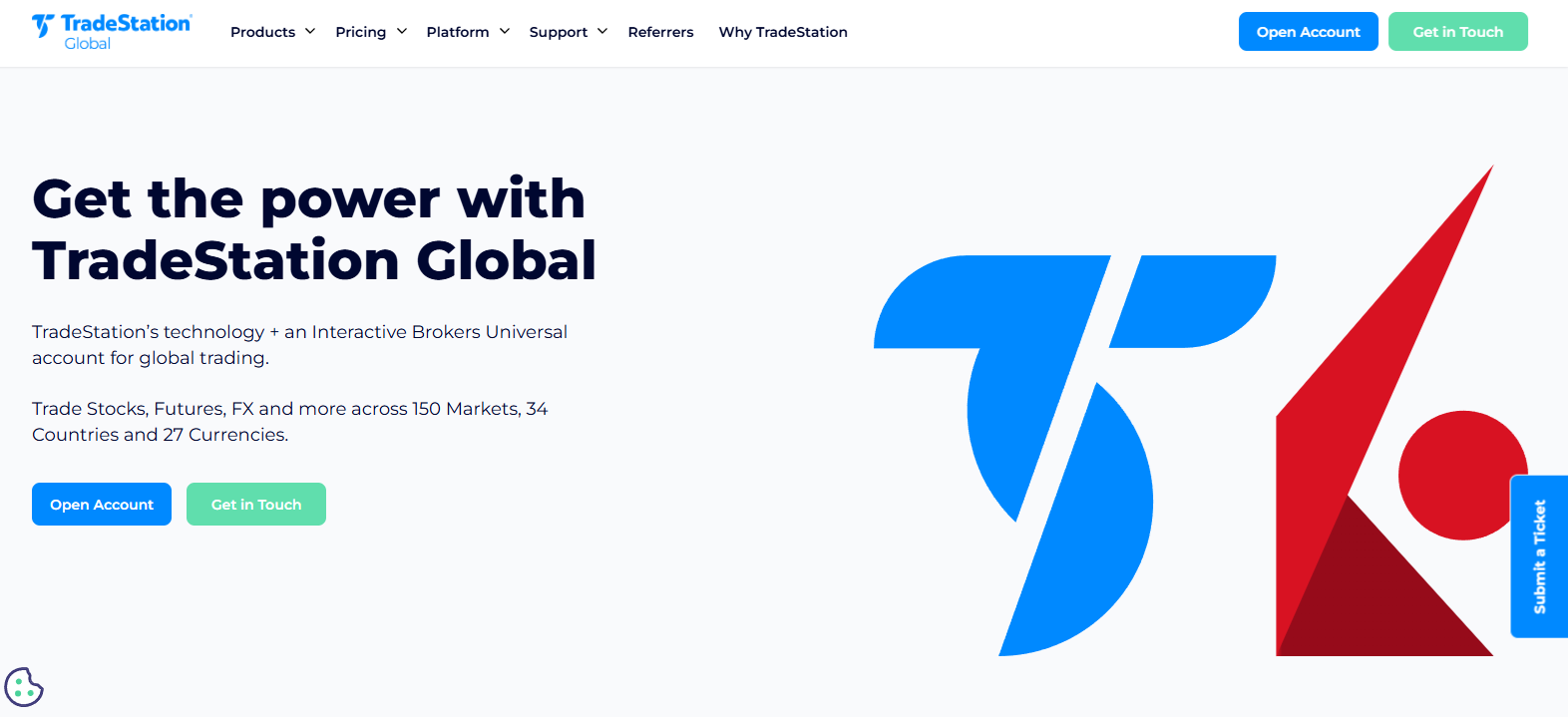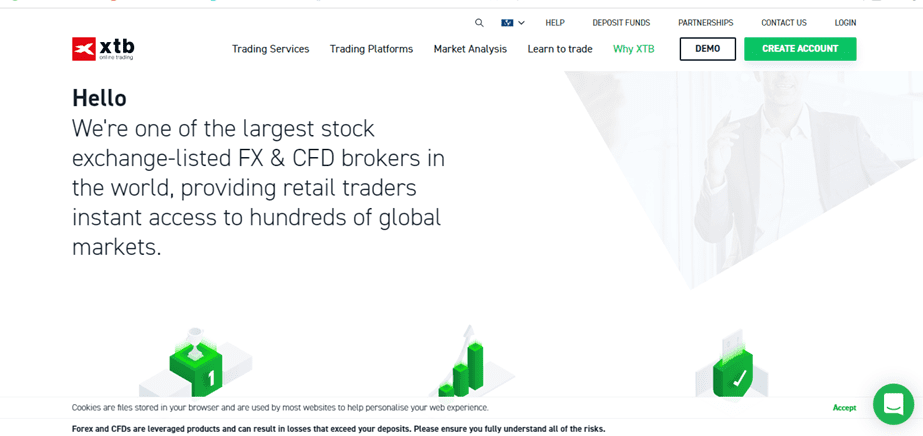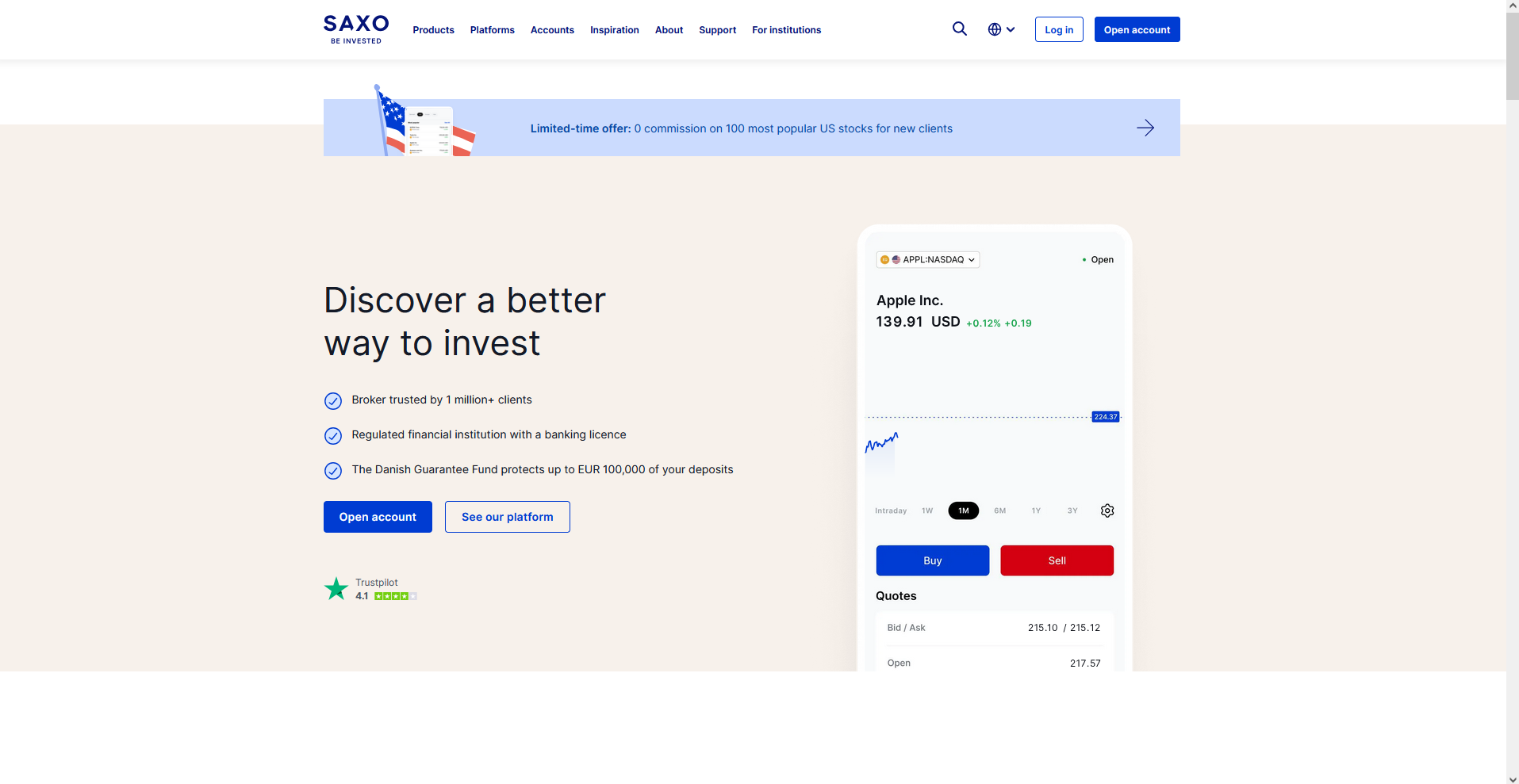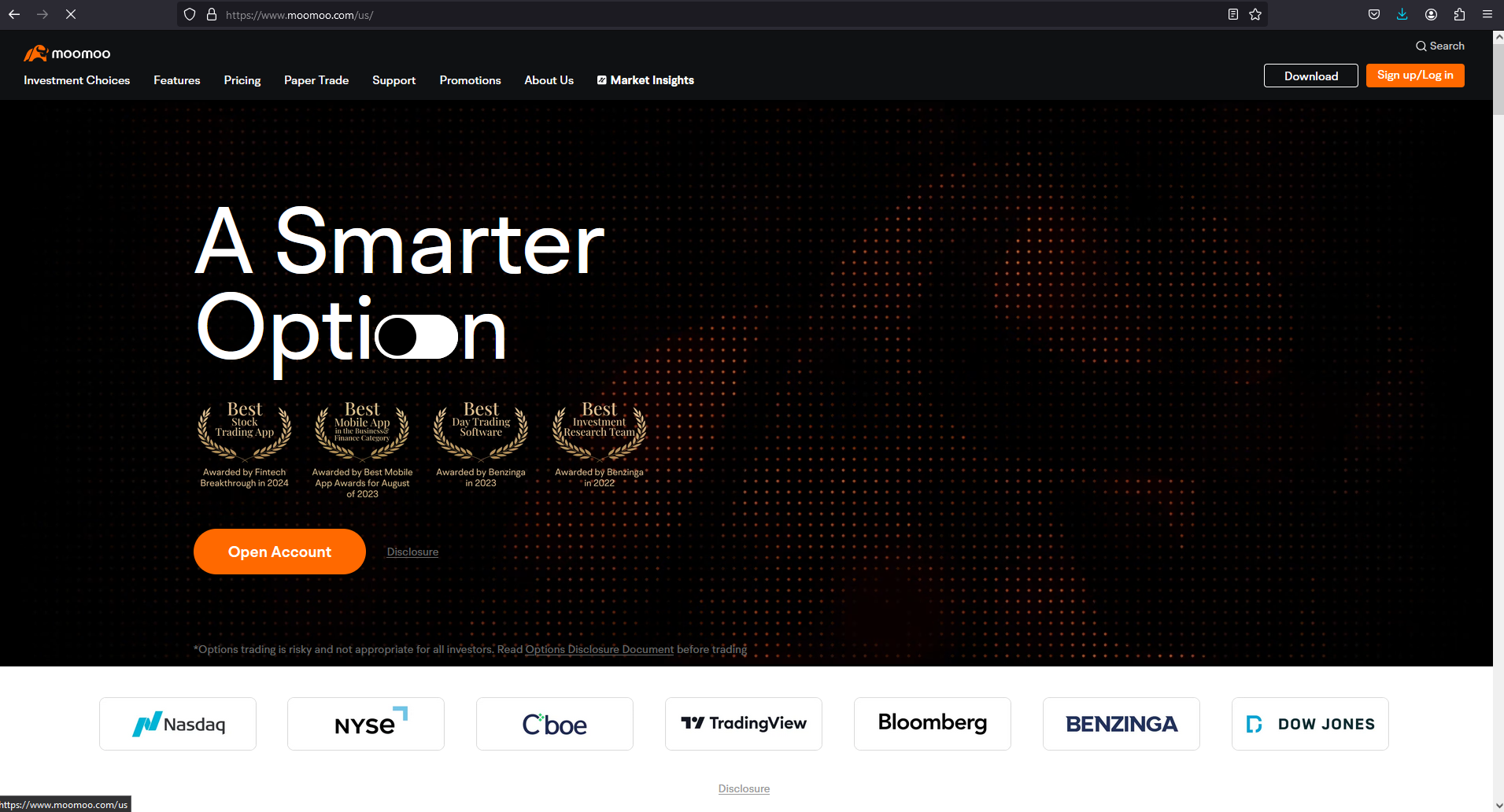Finding the best stock brokers in Malaysia can be a crucial step for anyone looking to trade shares and tap into the opportunities provided by platforms like Bursa Malaysia, the Hong Kong Stock Exchange, or even the New York Stock Exchange. With so many brokerage firms offering a variety of trading services and fee structures, choosing the right brokerage account can feel overwhelming. Whether you're new to the stock market or a seasoned trader refining your trading strategy, understanding the options for trading shares and the nuances of platforms like the LEAP Market is essential. In this article, we'll highlight five standout brokers to help you make an informed decision.
From competitive trading fees to user-friendly trading accounts, Malaysia’s top brokers cater to different needs. Some focus on advanced tools for exploring global markets, while others simplify access to structured warrants and the Central Depository System for local trades. Whether you're banking with familiar names like Hong Leong Bank or exploring independent platforms, these brokers offer diverse investment opportunities. By comparing their fee structures, services, and overall trading experience, you'll be better equipped to start trading and maximize your returns during active business hours.
Why Choosing the Best Stock Brokers in Malaysia is Important
Choosing the best stock brokers in Malaysia is a crucial step for anyone looking to make the most of their investments. The right broker can help you save on fees, provide a reliable platform for trading, and offer additional features like educational materials to guide you along the way. On the flip side, picking the wrong broker could mean dealing with higher fees, limited access to key markets, or poor services that may impact your overall trading experience. Here's why it matters:
- Save on Costs: Different brokers have varying brokerage rates and fees, which can add up, especially for frequent traders. Picking one with competitive rates keeps more of your money in your pocket.
- Access to Markets and Equities: A good broker provides seamless entry to stocks, securities, and even futures on platforms like Bursa Malaysia or international markets.
- Comprehensive Services: Look for brokers that combine excellent customer support with intuitive platforms and other essential services.
- Educational Support: Some brokers offer guides, tutorials, or tools to help new investors learn the ropes of investing in equities and beyond.
- Tailored Trading Options: Advanced traders may benefit from brokers with robust account options and features designed for complex trade executions.
The 5 Best Stock Brokers in Malaysia
#1. Interactive Brokers
What is Interactive Brokers?
Interactive Brokers is a global electronic brokerage firm that provides Malaysian investors with access to a wide range of financial instruments, including Malaysian Ringgit-denominated equities and ETFs on Bursa Malaysia, as well as global stocks, options, futures, currencies, bonds, and funds, all from a single unified platform. The firm is regulated by top-tier authorities such as the U.S. Securities and Exchange Commission (SEC) and the Commodity Futures Trading Commission (CFTC), ensuring a high level of oversight and investor protection. Interactive Brokers' comprehensive offerings and strong regulatory standing make it a preferred choice for investors in Malaysia.
Advantages and Disadvantages of Interactive Brokers
Interactive Brokers Commissions and Fees
Offers a fixed pricing structure with U.S. stock commissions at $0.005 per share, with a minimum of $1 and a maximum of 1% of the trade value. For Australian stocks, the commission is 0.08% of the trade value, with a minimum of AUD 6. Additionally, currency conversion fees may apply when trading on international markets.
OPEN AN ACCOUNT NOW WITH INTERACTIVE BROKERS AND GET YOUR BONUS
#2. TradeStation Global
What is TradeStation Global?
TradeStation Global combines TradeStation's advanced trading technology with Interactive Brokers' extensive market access, offering Malaysian investors a powerful platform to trade across multiple asset classes, including stocks, ETFs, futures, and currencies. Regulated by the UK's Financial Conduct Authority (FCA), TradeStation Global ensures a secure trading environment. Its integration of sophisticated tools and broad market reach makes it a compelling choice for traders seeking comprehensive services.
Advantages and Disadvantages of TradeStation Global
TradeStation Global Commissions and Fees
Provides competitive commission rates, with U.S. equities trading at $0.01 per share and European equities at 0.12% of the trade value. There are no inactivity fees, and the platform offers access to a wide range of markets. However, specific fee details for Malaysian investors are not readily available, so it's advisable to consult their official resources for the most accurate information.
OPEN AN ACCOUNT NOW WITH TRADESTATION GLOBAL AND GET YOUR BONUS
#3. XTB
What is XTB?
XTB is a global brokerage firm that provides access to a wide range of financial instruments, including forex, commodities, indices, and cryptocurrencies. Regulated by top-tier authorities such as the UK's Financial Conduct Authority (FCA), XTB offers a secure trading environment. Its user-friendly platform and comprehensive educational resources make it a suitable choice for both novice and experienced traders.
Advantages and Disadvantages of XTB
XTB Commissions and Fees
Offers commission-free trading for stocks and ETFs up to a monthly volume of €100,000; beyond this threshold, a 0.2% commission applies. The platform also provides competitive spreads and no deposit or withdrawal fees, making it cost-effective for traders. However, it's important to verify whether these terms apply to Malaysian investors, as regional differences may exist.
OPEN AN ACCOUNT NOW WITH XTB AND GET YOUR WELCOME BONUS
#4. Saxo Bank
What is Saxo Bank?
Saxo Bank is a Danish investment bank that offers Malaysian investors access to a broad spectrum of financial instruments, including stocks, ETFs, bonds, mutual funds, currencies, CFDs, commodities, futures, and crypto. Regulated by authorities such as the Danish Financial Supervisory Authority (FSA) and the UK's Financial Conduct Authority (FCA), Saxo Bank ensures a secure trading environment. Its robust trading platform and extensive research tools cater to investors seeking a comprehensive trading experience.
Advantages and Disadvantages of Saxo Bank
Saxo Bank Commissions and Fees
Charges a minimum commission of $10 for U.S. stocks, with a 0.06% fee per trade. For European stocks, the commission starts at 0.10% with a €10 minimum. The platform also imposes an inactivity fee if no trades are made over a certain period. Given the premium services offered, the fees are relatively higher, so investors should assess whether the features align with their trading needs.
OPEN AN ACCOUNT NOW WITH SAXO BANK AND GET YOUR WELCOME BONUS
#5. Moomoo
What is Moomoo?
Moomoo is a trading platform that offers commission-free trading for stocks and ETFs, with a platform fee of RM3 per order for Malaysian stocks and $0.99 for U.S. stocks. It provides access to multiple global markets, including the U.S., Hong Kong, and Singapore, and features a fully digitalized IPO subscription process. Moomoo's user-friendly interface and low-cost structure make it an attractive option for investors seeking affordable trading opportunities.
Advantages and Disadvantages of Moomoo
Moomoo Commissions and Fees
Recently launched in Malaysia, Moomoo offers zero-commission trading with a platform fee of RM3 per order for Malaysian stocks and $0.99 for U.S. stocks. The platform supports multi-market access, including U.S., Hong Kong, and Singapore markets, and provides a fully digitalized IPO subscription process. These features make it an attractive option for investors seeking low-cost trading opportunities.
OPEN AN ACCOUNT NOW WITH MOOMOO AND GET YOUR WELCOME BONUS
How to Get Started with a Stock Broker in Malaysia
Getting started with a stock broker in Malaysia is a straightforward process that opens the door to investing in the stock market. Here's a simple guide to help you begin:
Step 1: Understand Your Risk Appetite
Before diving into stock trading, assess how comfortable you are with potential gains and losses. This self-evaluation will guide your investment choices and help you select stocks that align with your comfort level.
Step 2: Open a Central Depository System (CDS) Account
To trade stocks in Malaysia, you'll need a CDS account, which records your stock holdings. You can open this account through authorized depository agents like stockbroking companies or certain banks. Typically, you'll need to provide a copy of your identity card and pay a small fee.
Step 3: Choose a Stockbroker
Select a stockbroker who will execute buy and sell orders on your behalf. Consider factors such as brokerage fees, services offered, and the broker's reputation. Some brokers offer online platforms for convenient trading, while others provide personalized services through agents known as remisiers.
Step 4: Open a Trading Account
Alongside your CDS account, you'll need a trading account with your chosen stockbroker. This account facilitates your transactions in the stock market. The process usually involves filling out forms and may include a credit status check.
Step 5: Fund Your Account
Deposit funds into your trading account to start buying stocks. Ensure you understand the minimum deposit requirements and any associated fees. Some brokers offer cash accounts, where you trade using your own funds, and margin accounts, which allow you to borrow funds for trading. As a beginner, it's advisable to start with a cash account to minimize risk.
Step 6: Begin Trading
With your accounts set up and funded, you can start trading. Use your broker's platform to place buy or sell orders. It's important to conduct thorough research or consult financial advisors to make informed investment decisions.
Conclusion
Choosing the right stock broker is a key step for anyone looking to invest in the stock market in Malaysia. With so many options available, it’s important to compare fees, platforms, and services to find a broker that matches your goals. Whether you prefer low-cost options or more comprehensive tools, there’s something for every type of investor. Take your time, do some research, and pick a broker that helps you make the most of your trading experience. Remember, investing is a journey, so starting with the right partner can make all the difference.
Also Read: The 5 Best Binary Brokers in Malaysia in 2024
FAQs
What documents do I need to open a trading account in Malaysia?
You’ll typically need your IC (identity card), a completed account application form, and proof of residence. Some brokers may also request income details for certain account types.
Are there any minimum deposit requirements for stock brokers in Malaysia?
Yes, most brokers require a minimum deposit, which varies depending on the broker and account type. It’s best to check directly with the broker for specific requirements.
Can I trade on international markets with a Malaysian stock broker?
Yes, many Malaysian brokers offer access to global markets, including the New York Stock Exchange and Hong Kong Stock Exchange, but there may be additional fees for these services.
